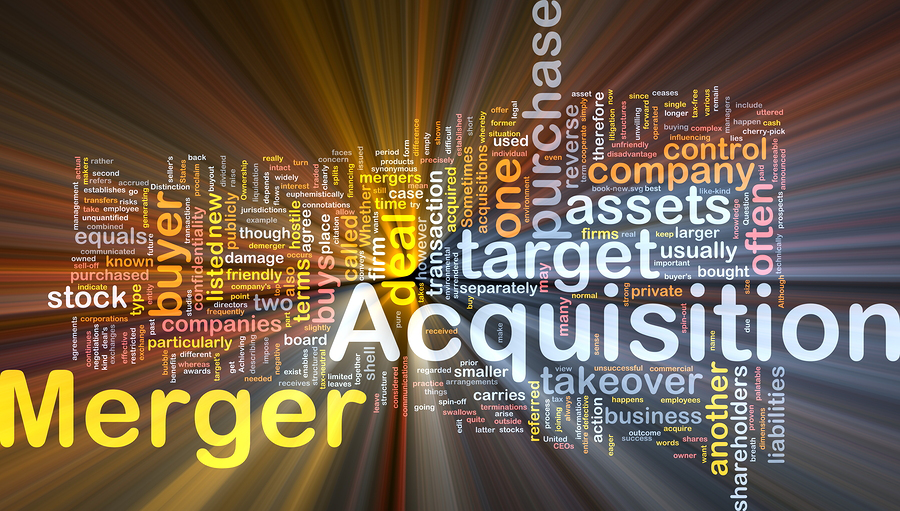Coming to Terms with Term Sheets: What Angel Investors Need to Know
When an investor plans to make an investment in a startup, one of the things in the forefront of his or her mind is: what are the terms of the deal? Well, luckily a document exists whose sole purpose is to delineate all the deal terms. It is agreed upon by two parties, the startup and the investor, and called, fittingly, a term sheet. Term sheet: investment specifics So what does the big scary term sheet look like “in real life”? While I was reading through terms sheets during my internship here at OurCrowd, I realized that after parsing away the legal jargon (and parsing away some more…), they are basically lists—lists of terms that the investor and the startup have agreed to adhere to in this investment. Note that the term sheet (other than the confidentiality agreement therein) is not legally binding, but under most circumstances, these same terms will make their way into legal documents relating to the deal. The list of terms can be broken down into two categories by asking a simple question: as an...
Read More







